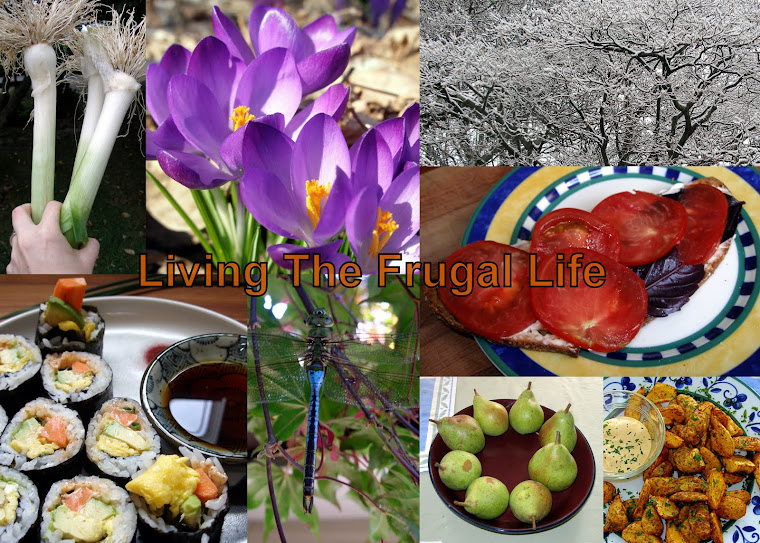- When buying produce that is bunched and sold by unit, weigh the bag. Onions, potatoes and other produce are often sold in net bags or paper containers. Invariably, there is some variation in the actual weight of the items. Don't be ashamed to use the produce scales to select the one that is heaviest! Someone is going to get that free extra half pound of potatoes, so it might as well be you. Get yourself a little extra value for the money you're paying.
- When buying produce that is sold by weight and is iced or kept moist with sprayers or mist, shake off that ice or water. Water is heavy, whether melted or frozen. There's no sense in you paying the grocer for that water. Give the food a vigorous shake before you put it in the bag. You've saved yourself a few pennies at least.
- Use it all up. Lots of different kinds of vegetables are trimmed at home. All too often, too much is thrown away. Just about anything that is sold in a grocery department is really edible. Yet we turn up our noses at eating broccoli stalk or discard a corn cob once we've gnawed off the sweet kernels. Learn to eat and enjoy beet greens; they're good for you! Peel that broccoli stalk and add the tender white center to the dish you're cooking. Save parsley stems, corn cobs and celery tops for flavoring broth. Small leaves on broccoli and cauliflower are tender and delicious. Whenever you cook meat with bones, save the bones in the freezer until you have enough for some broth. Think before you throw any food item away. Can you get some value out of it? Even if you don't want to eat it, consider freezing the item to add flavor and nutrition to a broth. Get more mileage out of what you've already paid for.
- Eat seasonally. Buying asparagus in September or peaches in January is a bad idea on so many different levels. Not only has this food been flown in from half way around the country or the world, using up more calories in transit than you will get from consuming it, but such produce was probably picked early to withstand the rigors of shipment. You'll pay more for an out-of-season item that is less fresh and less nutritive. And the bottom line is: it's just not going to taste very good. So why bother? Timeliness is an essential ingredient in many dishes. Learn to think of tomatoes, peaches, asparagus, sweet corn and strawberries as seasonal treats. When they're in season in your area and thus cheap, buy them, celebrate them and glut yourself on them. Store some away in the freezer or canning jars for later. When the season for that food is over, you'll probably be sick of them anyway. Then it'll be time to move on to the next seasonal food that's at its peak nutritionally and at its cheapest in the grocery aisle.
- Buy in bulk, when it makes sense to do so. If you have the room to store extra goods and you know the consumption patterns of your family, stock up! Buying in bulk can give you access to much better prices than small-portion retail usually offers. Check your price comparison book and use your calculator to be sure that the bulk price represents a real savings. Only buy in quantities you know you'll be able to use up before it spoils. Canned goods such as tomato sauce and beans have very long shelf lives. So if you know for sure that you will use the item and that the price is good, buy as much can be stored easily at your home. Toilet paper, diapers and soap have no expiration date, so these are also excellent candidates for bulk purchase. Don't buy any product in bulk if you are unfamiliar with it or have any doubts as to whether or not you will use it. Better to pay a few more cents on a single unfamiliar item and discover you don't like it than to save a few dollars on a case of the same item. Once you know a particular product well, you might look into buying it by the case. Some regular retail stores will pass along savings if you special order a case or more through them. It can't hurt to ask.
Framed
4 years ago





No comments:
Post a Comment